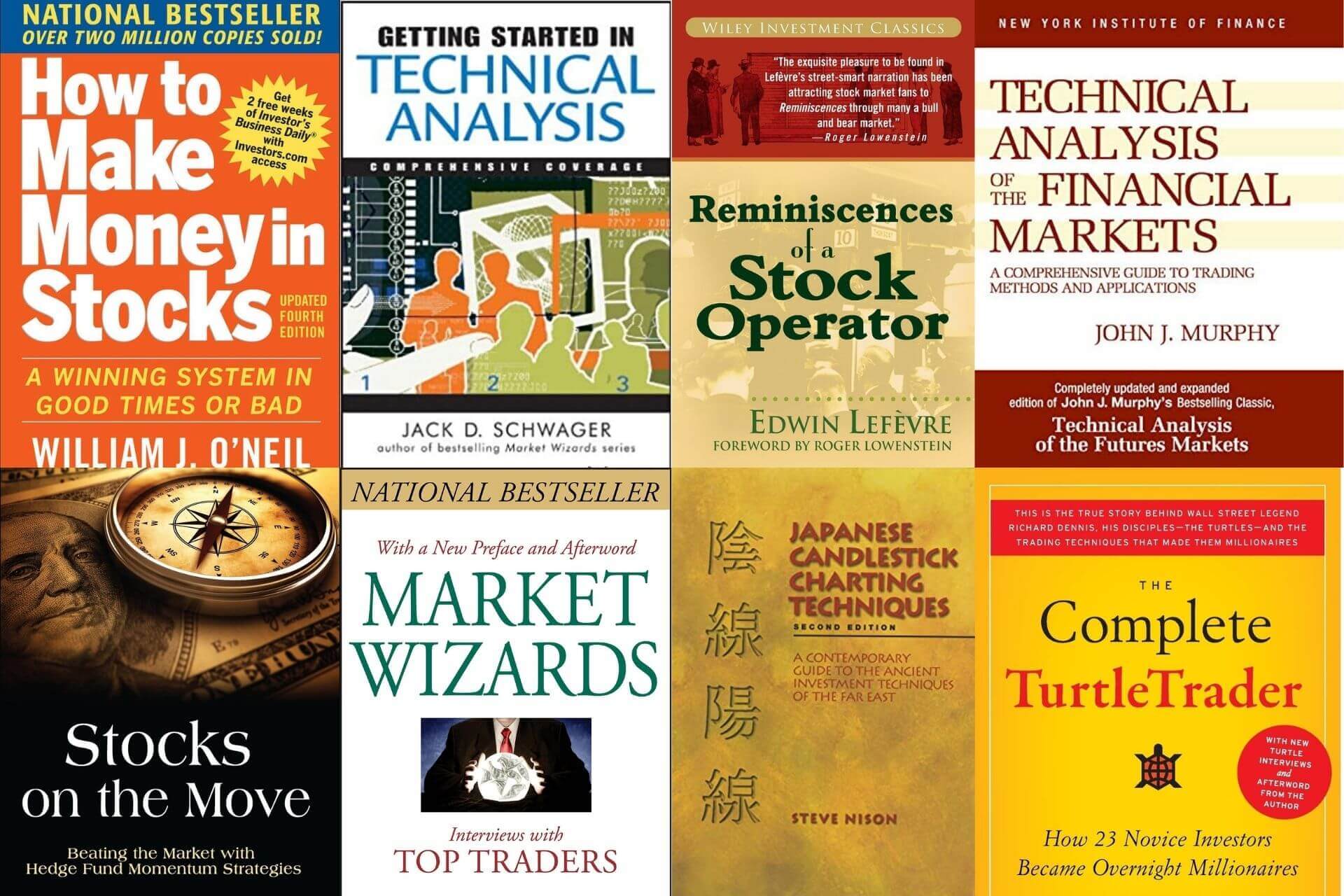Consider yourself one of the many clever individuals who are constantly on the lookout for reliable books on the subject of investing. It is possible that you would want to begin by reading a book that introduces you to the complete spectrum of investment choices, which includes everything from stocks and bonds to real estate, fine art, and cryptocurrency. You could wish to hone down on a specific area of investment or get an understanding of the thought process that underpins the way that professionals approach money and investing.
In the following, we have covered all aspects, beginning with the book that we consider to be the best overall book on investing: The Bond King. This book is written by Mary Childs, a journalist and podcaster for NPR's "Planet Money" program. Childs provides a compelling biography of Bill Gross, a former employee of PIMCO who created a whole new market for trading bonds and ended up being revered by some, but not by others, while becoming extremely wealthy. To learn more about value investing, we suggest reading Benjamin Graham's book, The Intelligent Investor, which is a favorite of many of the most successful investors in the world. The Only Investment Guide You'll Ever Need, written by Andrew Tobias, is a book that we recommend as a good recommendation for investing in general.
The King of Bond is the best overall.
This might be the year when books on Bill Gross are published. Additionally, the subject himself has written a self-published autobiography titled I'm Still Standing: Bond King Bill Gross and the PIMCO Express. This book is in addition to The Bond King by Mary Childs, which we consider to be the finest overall investment book on our list.
The authoritative and captivating book written by Childs on the pioneering bond trader Gross, which was published by the investment management company PIMCO, shows Gross as intelligent and a visionary. Gross was the one who came up with a new approach to invest by creating a market for trading bonds. On the other hand, he gives the impression of being an arrogant and mercurial employer who was so verbally abusive to his employees that several of them avoided passing by his office in order to avoid coming into contact with him. After a number of years, a sufficient number of employees left their positions, including Mohamed El-Erian, an economist who had been PIMCO's previous co-CEO and co-CIO. El-Erian had been recruited by Gross from Harvard Management firm to serve as his ultimate successor. As a result, Gross was compelled to retire from the firm that he had founded.
During the subprime mortgage crisis, which occurred when many people in the United States lost their homes as a result of predatory lending practices, Childs, who is also a co-host of the "Planet Money" podcast on National Public Radio and has previously reported for Barron's, the Financial Times, and Bloomberg News, guides the reader through the catastrophe. Gross's number was, in a sense, on the speed dial of a number of high-ranking federal and financial officials at the time for the simple reason that they respected his judgment and influence.
Value Investing: The Intelligent Investor is the Best Book About Value Investing
One of the most important takeaways from Benjamin Graham's highly regarded book is "Don't lose." This is, of course, easier to say than to accomplish. Continue reading, then. Value investing is the practice of purchasing stocks of great firms whose worth is discounted. This book, which was first published in 1949, is still in print because it provides investors with the fundamentals of value investing. This includes investors who are just starting out, those who have some experience and success, and even those who have been doing it for a long time. One may compare this technique to purchasing a piece of furniture that is of high quality at a reduced price. The most current revision was made in the year 2006.
Graham, for the most part, avoids the practice of examining securities in favor of elaborating on investing concepts and the attitudes of investors. According to him, the intellect of any investor has nothing to do with something like their IQ or their results on the SAT. It is not difficult to understand what he means when he adds, "It simply means being patient, disciplined, and eager to learn; you must also be able to harness your emotions and think for yourself."
The Billionaire's Apprentice is the best book we've ever read on investing that went wrong.
Rajaratnam is referred to as the "king of wealth" by author Anita Raghavan, whereas Gupta is referred to as the "king of thought." After spending thirty years at the consulting business, where he earned a salary in the millions of dollars, Gupta, who was ten years older than Rajaratnam, was enticed by the opportunity to become a billionaire. This was the reason why he was able to get the title. At the time of their arrests, which were being prosecuted by Preet Bharara, who was born in India and was serving as the United States Attorney for the Southern District of New York at the time, a number of reporters expressed their regret at the men's demise, stating that it was a negative reflection on the South Asian community.
Raghavan, who is herself of South Asian heritage and a contributor to The New York Times, as well as someone who had previously worked at The Wall Street Journal and Forbes, made the observation that the Gupta-Rajaratnam incident is a part of the South Asian tale, but it is not the defining moment of the South Asian movement. In the last chapter of The Billionaire's Apprentice, she reveals a shocking Gupta family secret that serves as a precursor to Rajat Gupta's criminal activities.
